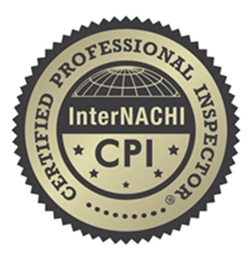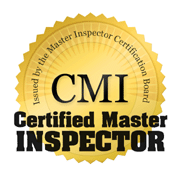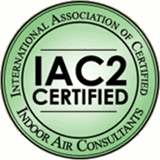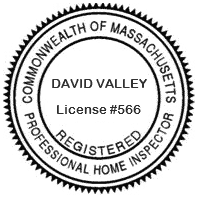Massachusetts Home Inspections YOUR INVESTMENT IS MY CONCERN
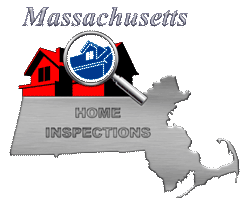
Chimneys And Flues
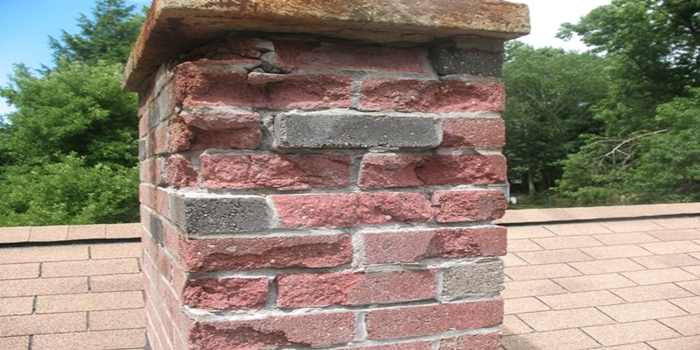
Chimneys in Massachusetts come in a variety of styles, consisting of numerous interrelated components. However, they generally fall into three main categories: single-walled metal chimneys, masonry chimneys, and pre-fabricated metal chimneys, often referred to as factory-built chimneys. While single-walled metal chimneys are uncommon in residential settings, masonry (both lined and unlined) and factory-built chimneys are frequently encountered.
My chimney inspection is conducted as a Generalist, not a Specialist, and adheres to all industry standards. However, it’s important to note that significant areas of chimney flues are not fully visible during a standard field inspection. As the Chimney Safety Institute of America stated in 1992, "The inner reaches of a flue are relatively inaccessible, and it should not be expected that the distant oblique view from the top or bottom is adequate to fully document damage even with a strong light".
Since my inspection is limited to visible areas without dismantling any components or using specialized equipment, I cannot guarantee the chimney’s integrity. Therefore, I recommend having all chimneys professionally video-scanned for deterioration, damage, or missing liners before the close of escrow.
CHIMNEY FLUES
Chimney flues require periodic cleaning to reduce the risk of a chimney fire. However, the deposits that accumulate within flues as a result of incomplete combustion are complex and not easily understood. These deposits range from soot, which is pure carbon and non-combustible, to creosote tars that can ignite easily. While all these substances are often referred to as creosote, they vary in form — from loose, crusty carbon deposits that can be brushed away, to hardened, tar-glazed creosote that demands professional chemical cleaning. Proper identification and treatment of these deposits should be handled by a qualified chimney specialist.
It is important to note that even a thorough chimney cleaning does not eliminate the risk of a chimney fire. Studies have shown that a significant number of chimney fires occur within a month of cleaning, with many more occurring within six months.
At Massachusetts Home Inspections, it is impossible to determine with certainty whether flues are entirely free of defects during a standard inspection. In accordance with the National Fire Prevention Association's recommendations, I advise all home buyers to have chimneys professionally inspected before purchasing a home. Consider hiring a CSIA-certified or equivalently certified chimney sweep to perform a Level II inspection of all chimney flues before the close of escrow.
UNLINED CHIMNEY IN NEED OF AN APPROVED LINER
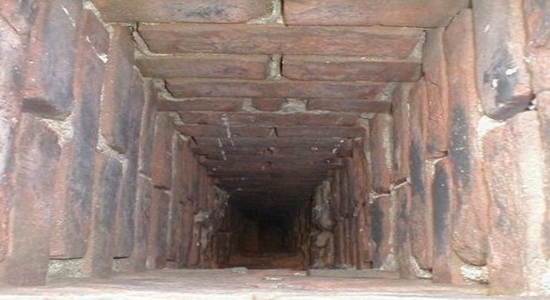
CLICK 'GOOGLE PHOTOS' TO VIEW MY DEFECTIVE CHIMNEY IMAGES
Here is what my clients have to say about my home inspection services:
Press F5 (on your keyboard) for additional testimonials
As a first time home buyer, a home inspection was very intimidating. Dave Valley made me feel at ease as soon as I met him. He was very professional, thorough, and explained things to me as we went along. Overall, what I expected to be a stressful experience was very easy because of Dave.
Christine


